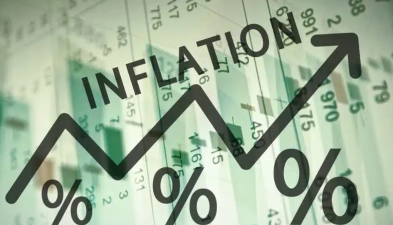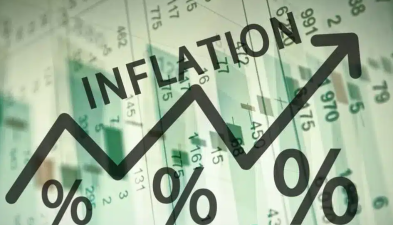
Inflation is an economic phenomenon that affects both personal savings and investments. It's closely related to our lives, particularly our bank deposits, and therefore warrants close attention.
Inflation is an economic phenomenon that affects both personal savings and investments. It's closely related to our lives, particularly our bank deposits, and therefore warrants close attention.
The Impact of Inflation on Personal Savings
Inflation causes prices to rise, meaning the purchasing power of the same amount of money decreases. For those who rely on a fixed income or interest earned from savings, inflation can negatively impact savings.
- Currency Devaluation: Inflation causes currency to depreciate, so the value of holding cash gradually decreases. If you hold a large portion of your wealth in cash, inflation will cause your wealth to shrink, and the value of your savings will continue to erode.
- Low Deposit Interest Rates: To curb inflation, central banks typically raise interest rates. However, even when deposit rates rise, they may still not keep pace with inflation. This means that deposit interest may not fully offset the loss of purchasing power caused by inflation.

In the face of inflation, individuals need to examine their savings methods and take some countermeasures
- Invest in Real Assets: Inflation typically drives up the prices of real assets, such as real estate and gold. Investing a portion of your savings in these assets can effectively hedge against the effects of inflation. Physical assets have the properties of both preserving and increasing value, providing some protection during periods of inflation.
- Diversify your investment portfolio: In addition to investing in physical assets, individuals can also hedge against the impact of inflation by diversifying their portfolio. For example, investing in different types of assets, such as stocks, bonds, and mutual funds, can spread risk and seek better returns. Diversification can provide some protection and reduce the risk associated with a single investment.
- You can also consider purchasing inflation-protected financial products, such as Treasury bonds or inflation-protected bonds. These products typically provide a certain amount of interest income and are indexed to inflation, helping you preserve and increase your value.
Inflation affects both personal savings and investments. When faced with inflation, individuals should review their savings methods and take measures to mitigate it, such as investing in physical assets and diversifying their portfolios. Furthermore, choosing appropriate stocks and sustainable industries and avoiding long-term fixed-income products can also be a strategy for combating inflation. Through proper planning and investment, individuals can effectively mitigate the impact of inflation on their savings and investments, protecting the value of their wealth.
